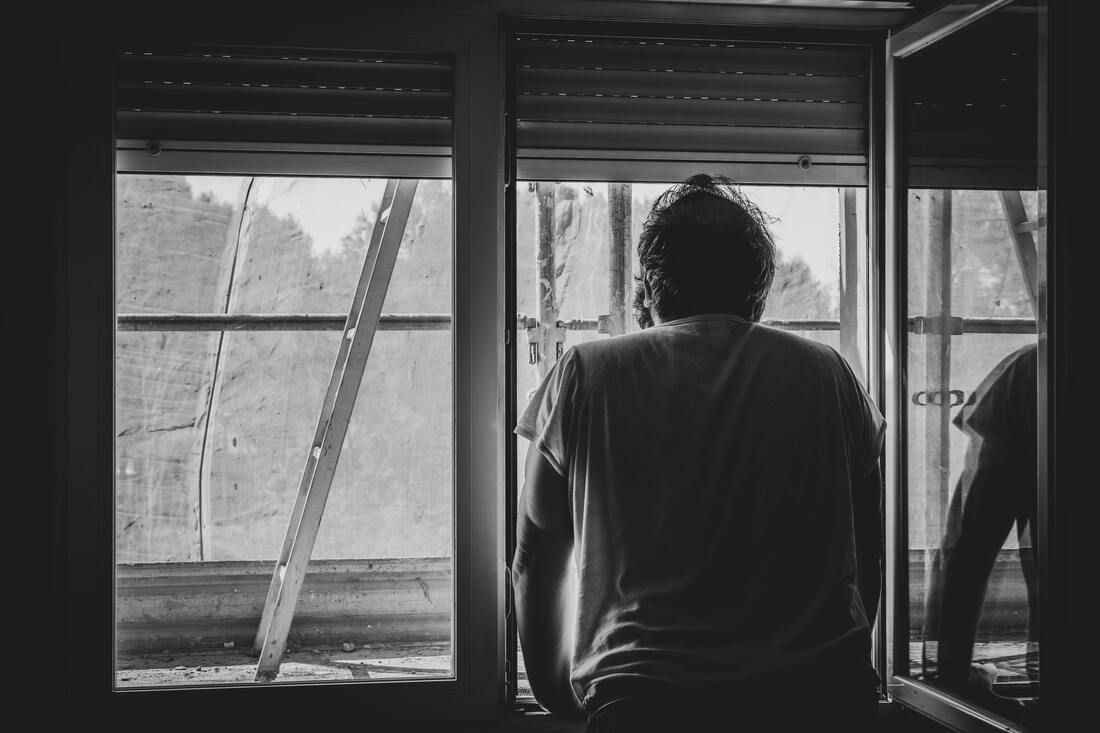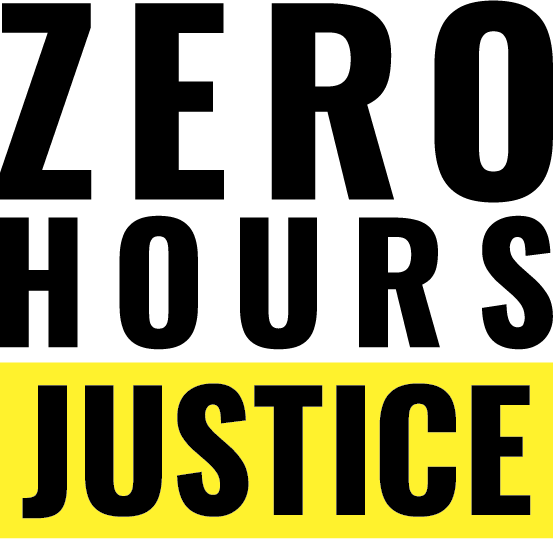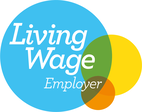|
By Pravin Jeyaraj Zero Hours Justice has been contacted by a PhD student at Cardiff University carrying out research into the aspirations of people in precarious work, including those on zero hours contracts and casual workers.
You are under no obligation to take part, but it’s an opportunity to express your views. Those who take part in the later interview stages will receive Love2shop vouchers. The research is funded by the Economic and Social Research Council. Zero Hours Justice is not involved with the organisation of this research. Any questions should be directed towards Jon Jones, whose contact details are in the information sheet below.
By Pravin Jeyaraj It is fair that the government should pay people who are unable to work because they are being compelled to self-isolate after being contacted by NHS Test and Trace. However, the support payment of £500 may not be enough to cover the pay of those on zero hours contracts for the two weeks of self-isolation.
The support payment appears relatively generous for zero hours contract workers who usually work a below average number of hours. But, for those zero hours contract workers who usually work an above-average number of hours may see a shortfall. Furthermore, the nature of zero hours contract means that the number of hours changes. If zero hours contract worker is forced to self-isolate at a time when they would usually work an above-average number of hours, you may find yourself at a disadvantage. The support payment is only available to those who have been contacted by NHS Test and Trace and told to self-isolate. But, given the reported backlog of tests, a zero hours contract worker may find themselves in the position that they are showing symptoms of Covid-19, or is living with someone who is showing symptoms, but have not been able to get tested or they have not received a test result. If they do the right thing and follow previous government guidance to self-isolate anyway, they would not be able to claim the support payment. They may only receive statutory sick pay of £95.85 per week, assuming you are even eligible for that. At the moment, none of the 12% of zero hours contract workers who live in Scotland, Wales and Northern Ireland would be eligible for the support payment. But for zero hours staff who neither employed nor self-employed, because they are seen as casual workers, it is not clear whether they would be able to claim the payment for agreed shifts that are lost as a result of enforced self-isolation.
By Pravin Jeyaraj  Photo by Erik Mclean on Unsplash Photo by Erik Mclean on Unsplash Zero Hour Justice has formed a co-marketing partnership with London-based Wellspring Theatre Company relating to its forthcoming play "Hand to Mouth". The play, a psychological thriller and black comedy written by Joe Kelly, is about the difficulties faced by those engaged in insecure zero hours contracts. It is partly based on conversations between Kelly and clients of Zero Hours Justice, who approached us for help in dealing with unfair treatment. Kelly said: "The idea for Hand to Mouth was conceived in the early weeks of lockdown when thousands of people working on Zero Hour Contracts were plunged into a state of deep anxiety and uncertainty. The play explores a circumstance in which two people - who are underpaid and overworked - are hired by mysterious employers who seem happy to exploit them and put them in harm's way. Using this idea as a springboard, we are aiming to create a tense thriller that explores a range of themes, including the fight for care and compassion amongst Britain's workers. Our interviews with the clients of Zero Hours Justice have been invaluable in alerting us to the scale of this issue." James Johnson-Flint, Director of Zero Hours Justice, said: "It is great that Wellspring Theatre Company and Joe Kelly are developing this play about the plight of zero hours contract workers. We hope that, as well as entertain, it will inform audiences of the precarious nature of these type of contracts and persuade them that such contracts should be banned." Zero Hours Justice was launched in January 2020 by a coalition of concerned citizens to:
It is led by Ian Hodson, who is also president of the Bakers Food and Allied Workers Union, and founded and funded by Julian Richer, the founder of Richer Sounds and author of “The Ethical Capitalist”. For more information about "Hands to Mouth" and Wellspring Theatre Company, see www.wellspringtheatre.co.uk. ZERO HOURS WORKER NUMBERS NOW TOP 1 MILLION – DRIVEN BY INCREASING NUMBERS OF COVID 19 KEY WORKERS1/9/2020
By Pravin Jeyaraj This year more than ever before, business and the public have shown a widespread appreciation for keyworkers on the frontline in the battle against Covid-19. This has been most evident of all through the weekly public clapping events, thank you posters and special offers. Yet, this appreciation sadly does not appear to have been reflected in any improvement in the precarious working conditions of many key workers. Instead, shockingly, it appears to have worsened. According to the latest employment data from the Office for National Statistics, the number of people on zero hours contracts during the lockdown period April to June 2020 smashed the one million barrier. In just one year, we have seen an enormous 17% increase, from 896,000 in April to June 2019 to 1,052,000 this year.
Source: Office for National Statistics This dramatic increase in the use of zero hours contracts by employers is powered in large part by industry sectors most likely to employ key workers, punishing precisely those who have kept the country going in its time of need.
As food retailers, takeaways and online delivery kept society and the economy going, the wholesale and retail sector and accommodation and food sector saw a combined rise of 53% in the number of zero hours contracts, from 297,000 in April to June 2019 to 311,000 this year. This is also an increase of 42% from December 2019, At the same time, as doctors, nurses and other health and social care workers were putting themselves at risk in battling Covid-19 and looking after the vulnerable, the health and social care sector saw the number of zero hours contracts go up by 35%, from 153,000 in April to June 2019 to 198,000 this year. The education and transport sectors have also seen large increases, of 21% and 19% respectively, in the number of zero hours contract workers, compared to last year. In terms of particular occupations, the largest increase in zero hours contracts has been seen by skilled trade occupations (46%), process, plant and machine operatives (28%) and sales and customer services occupations (16%) and caring, leisure and other service occupations (10%). Help us campaign against this shocking trend towards precarious employment, by telling us your story. Zero Hours Justice is actively working to lobby businesses, public sector organisations and others to stop the inappropriate use of zero hours contracts and make employers, government and the public aware how much harm they cause to so many, in today’s society. |
contactFor press enquiries or permission to reuse content, please contact: Archives
June 2024
CATEGORIES
All
|
||||||||||||||||||||||||||||||||||||||||||||||||||||||||||||||||||||||||||||||||||
|
Company No: 12417909 Registered Office: 38 Coney Street, York, Y01 9ND
|



 RSS Feed
RSS Feed


